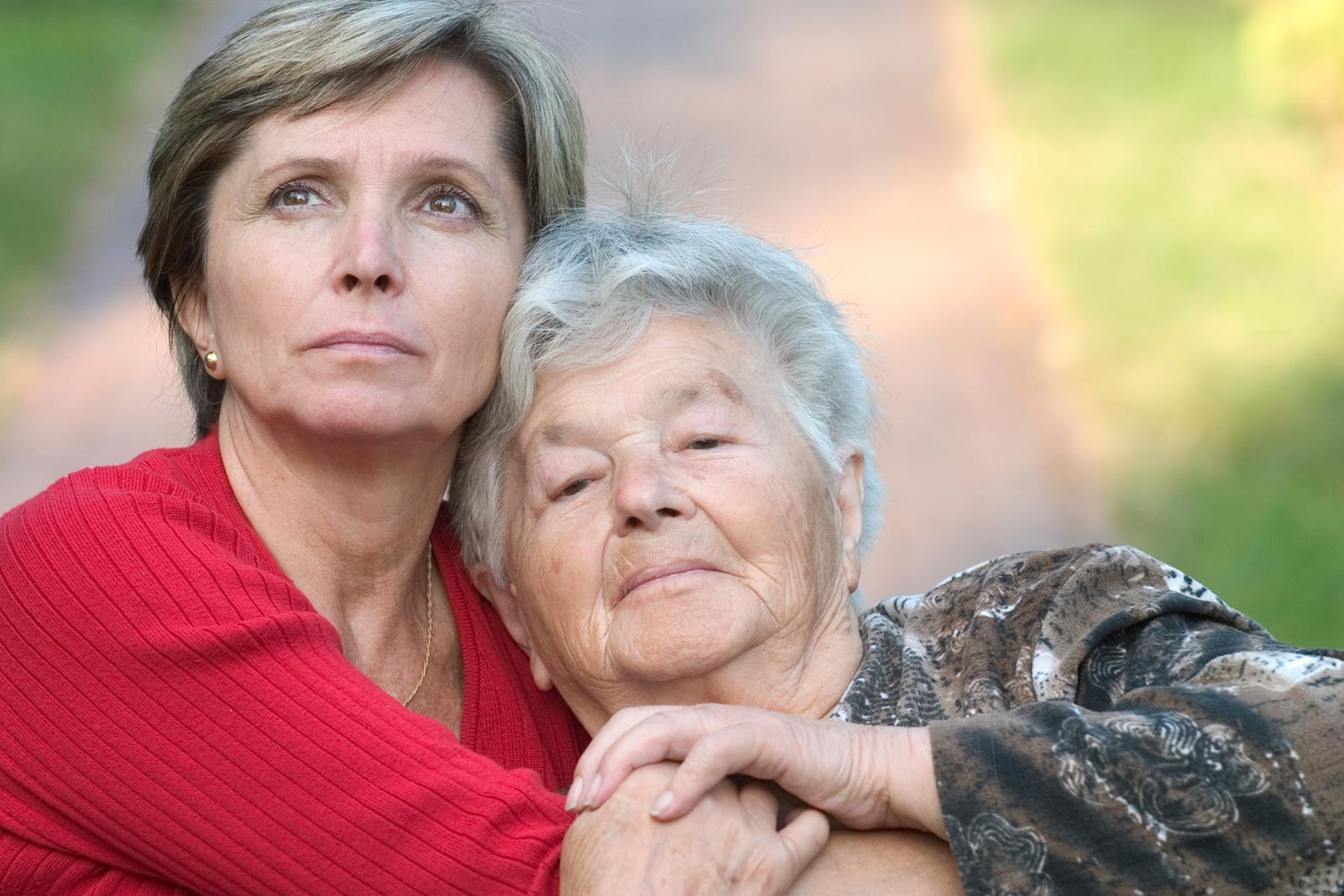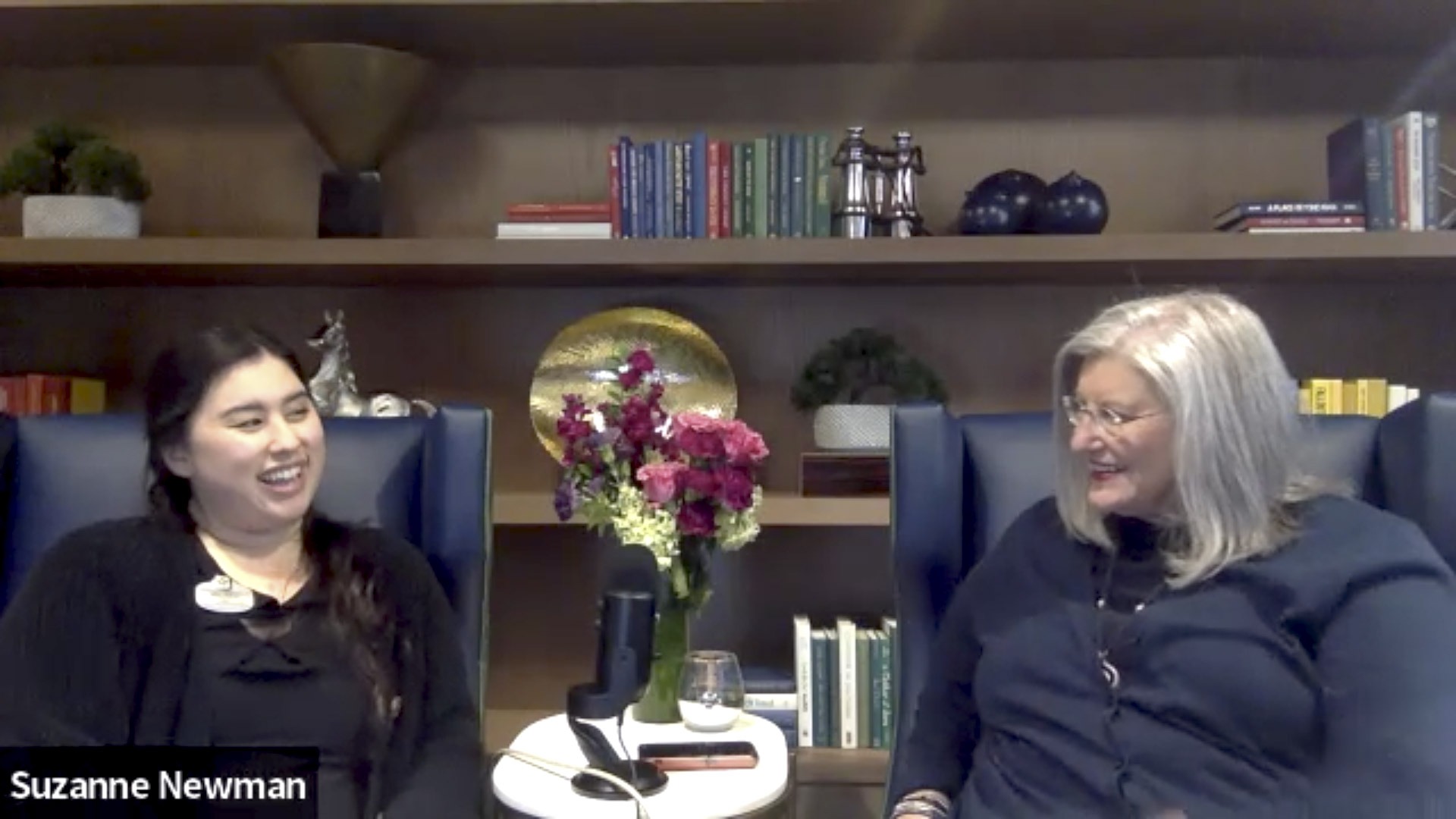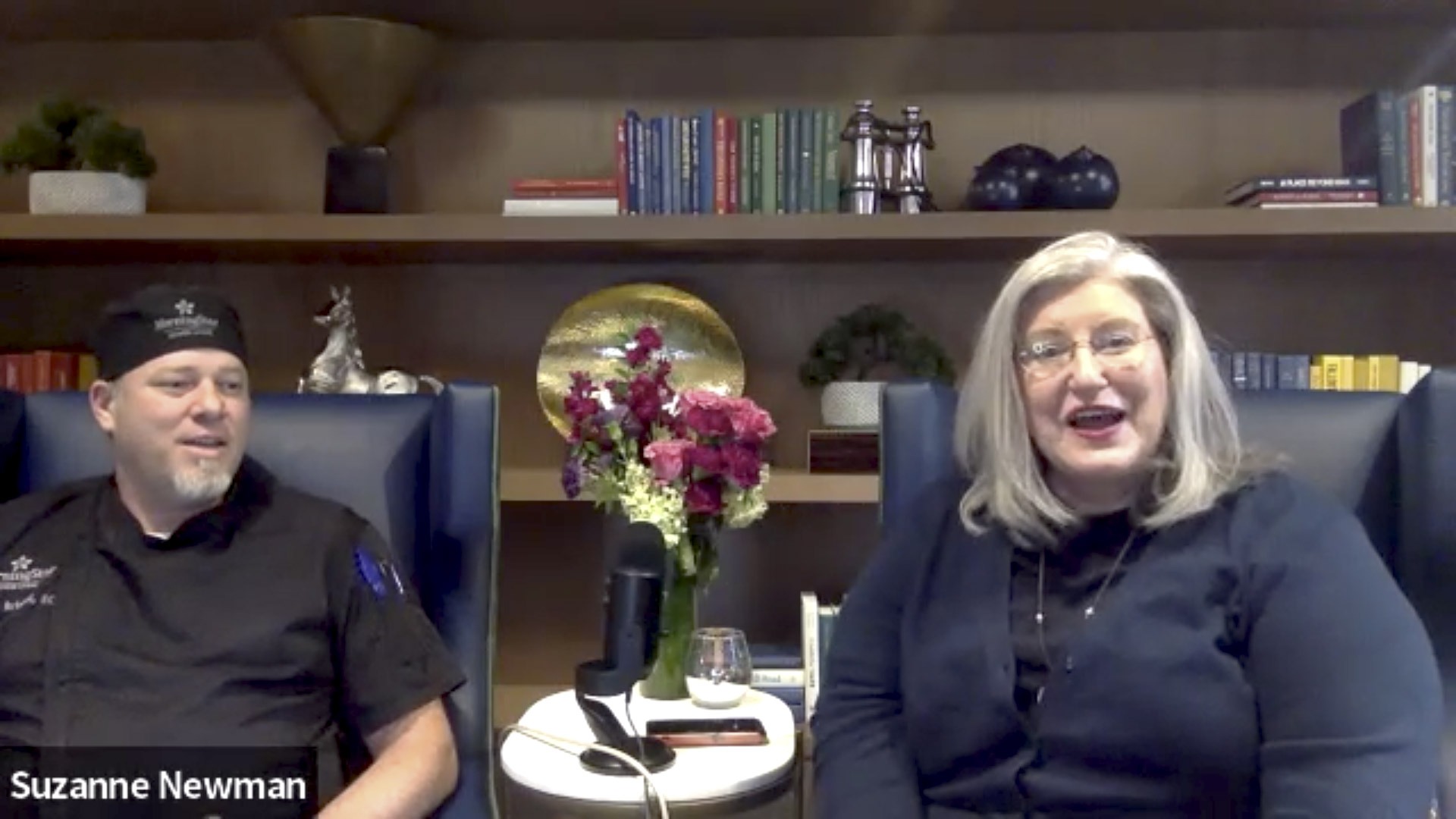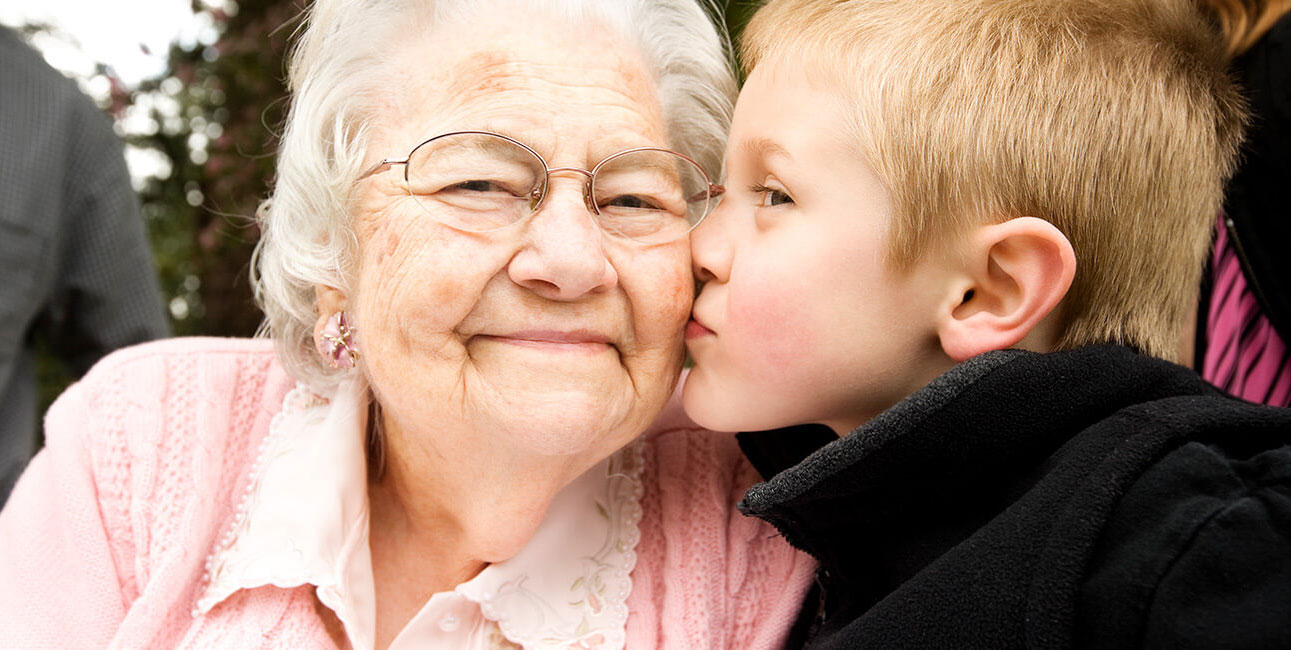Radio Show Podcasts
How Are Alzheimer’s and Parkinson’s Diseases Diagnosed?
This segment focuses on medical diagnoses for Alzheimer's disease, Lewy body dementia and Parkinson's. The field is rapidly changing. We now have biological markers for Alzheimer's: mis-folded proteins in the brain is the common thread for all degenerative diseases, including Parkinson's disease, Lou Gehrig's disease, and frontotemporal degeneration Pick's Disease. Being able to visualize these in PET scans (Positron Emission Tomography) lets us make a definitive diagnosis 15 years before someone begins having memory problems.
Alzheimer’s or Normal Forgetfulness: How to Tell the Difference
Suzanne Newman is joined by Dr. Michael Mega, Director of the Center for Cognitive Health in Portland, Oregon. Dr. Mega answers: How do you tell the difference between normal age-related forgetfulness and the beginnings of Alzheimer's?
Live Event: MorningStar at Hillsboro Opens, with Camillo Hart
This special live event celebrates the June 18 opening of MorningStar Senior Living in Hillsboro, Oregon. In this segment, Suzanne Newman joins Camillo Hart, Community Relations Assistant, to talk about the opening of this vital, fresh, fun community.
Live Event: MorningStar at Hillsboro Opens, with Emily Hoover
This special live event celebrates the June 18 opening of MorningStar Senior Living in Hillsboro, Oregon. In this segment, Suzanne Newman joins Emily Hoover, Life Enrichment Coordinator and Music Therapist, to talk about the opening.
Live Event: MorningStar at Hillsboro Opens, with Matt Ryan
This special live event celebrates the June 18 opening of MorningStar Senior Living in Hillsboro, Oregon. In this segment, Suzanne Newman joins Matt Ryan, Executive Director of MorningStar. Ryan says everything they do comes from the heart, that it's everything that they tell you it is.
Live Event: MorningStar at Hillsboro Opens, with Maurea Kyioi
This special live event celebrates the June 18 opening of MorningStar Senior Living in Hillsboro, Oregon. In this segment, Suzanne Newman joins Maurea Kyioi, the Business Office Manager, who hires staff and is in charge of billing.
Live Event: MorningStar at Hillsboro Opens, with Darrin Bristol
This special live event celebrates the June 18 opening of MorningStar Senior Living in Hillsboro, Oregon. In this segment, Executive Chef/Dining Room Manager Darrin Bristol joins Suzanne Newman.
Live Event: MorningStar at Hillsboro Opens, with Adam Ortega
This special live event celebrates the June 18 opening of MorningStar Senior Living in Hillsboro, Oregon. In this segment, Maintenance Director Adam Ortega joins Suzanne Newman to talk about opening the brand new retirement community.
How to Keep Active at Cadence Living
Tracey Harvey from Cadence Living in Kent, Washington joins Suzanne Newman to talk about transitions to maintain health and vitality for our senior loved ones. Making a transition now, before a crisis or illness, puts more power and control into their equation. Active aging with key amenities helps seniors warm to the idea. Quality of life, vibrancy, vitality, and fitness are key focuses now, to manage wellness over illness in a holistic way. Stepping through and learning more about living in a community like this helps us stay engaged.
All About MorningStar of Hillsboro
MorningStar Senior Living looks forward to the opening of a new community for the Greater Portland area in Hillsboro, Washington. Executive Director Matt Ryan and Vice President of Sales Development Jordana Jobanputra join Suzanne to talk about this brand new community.





















